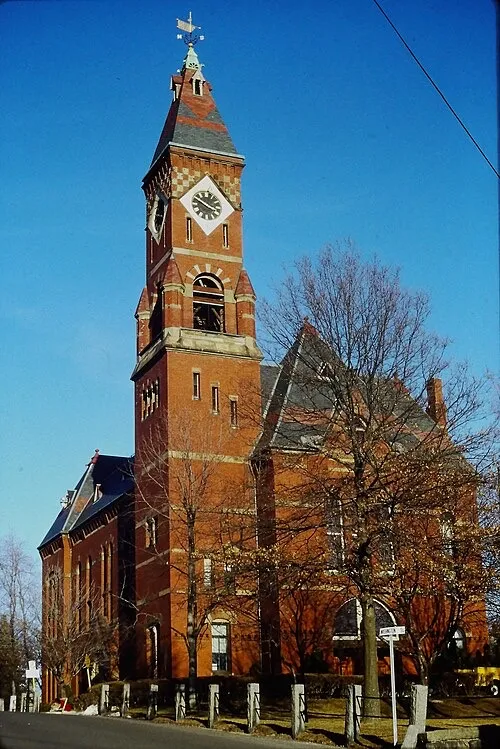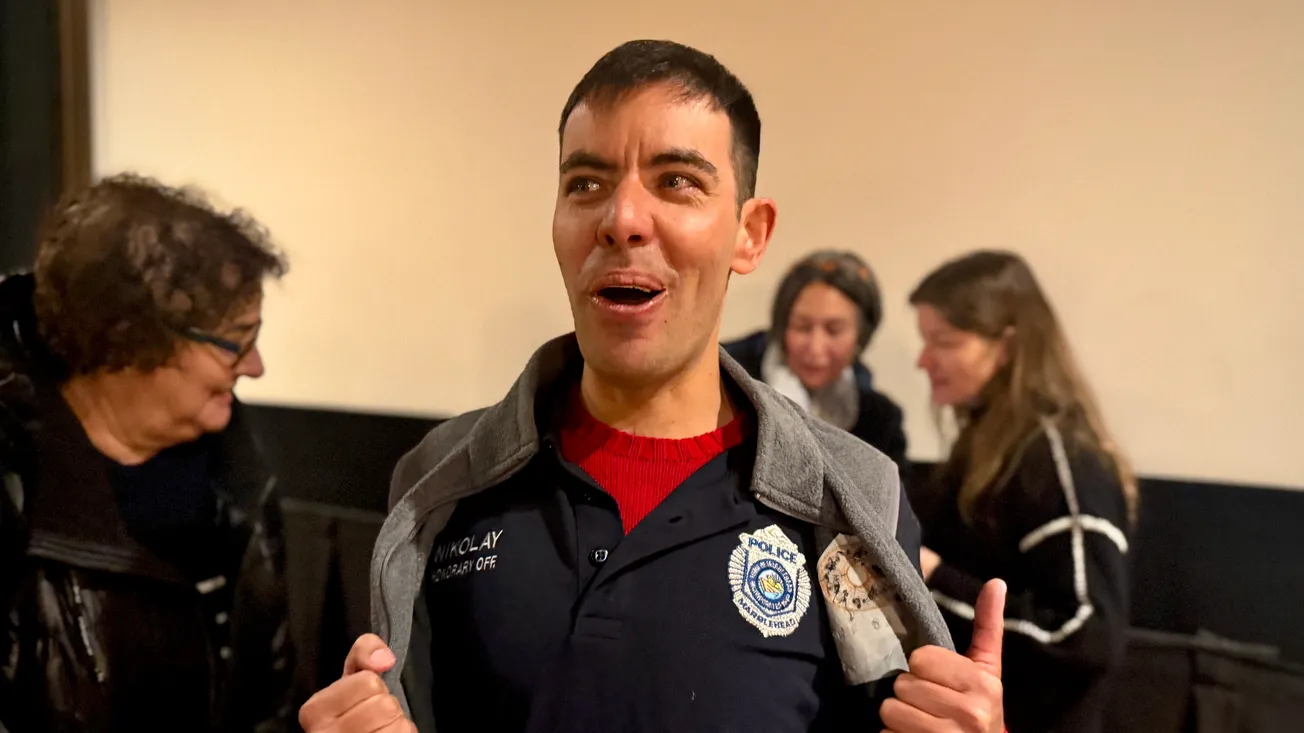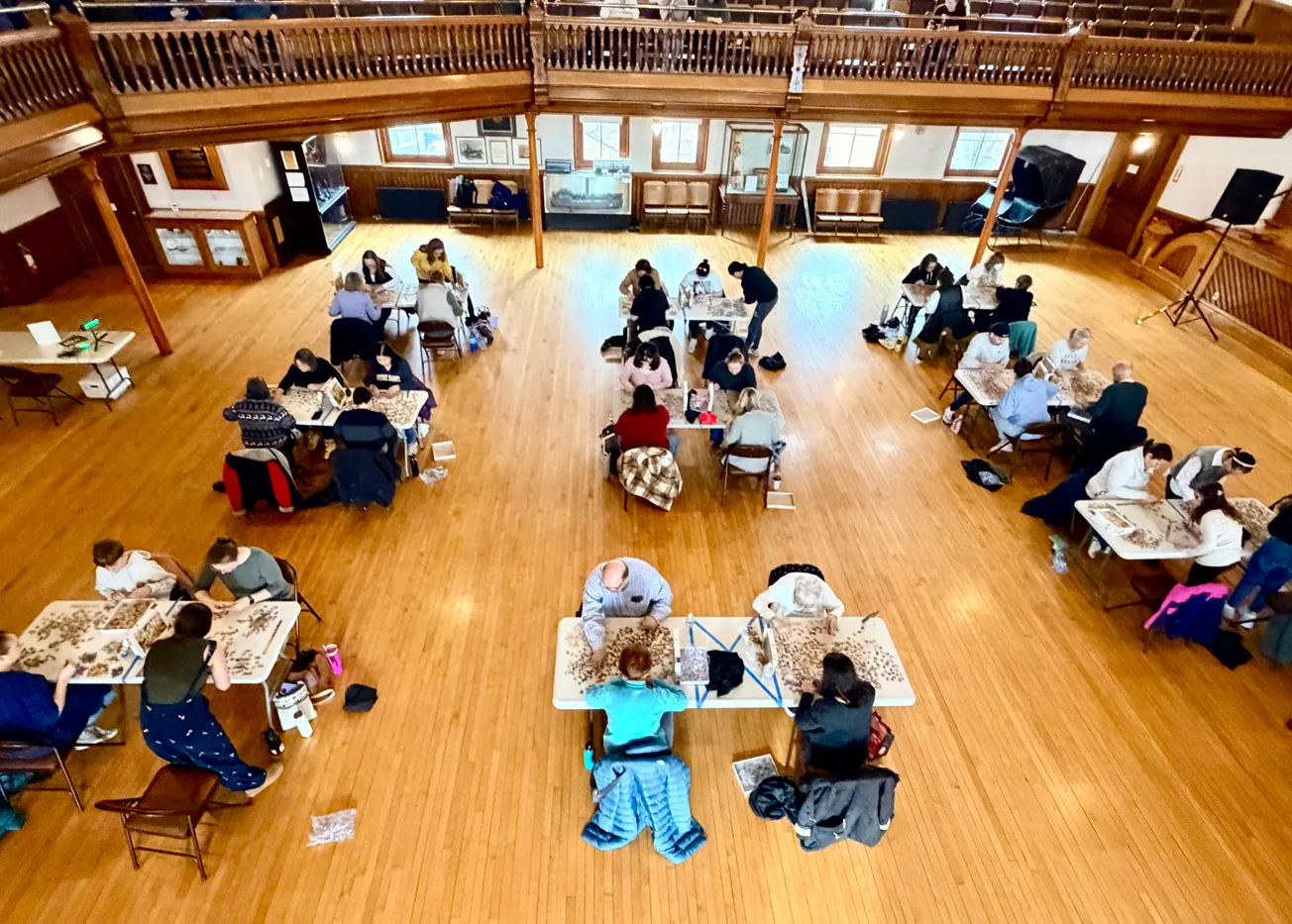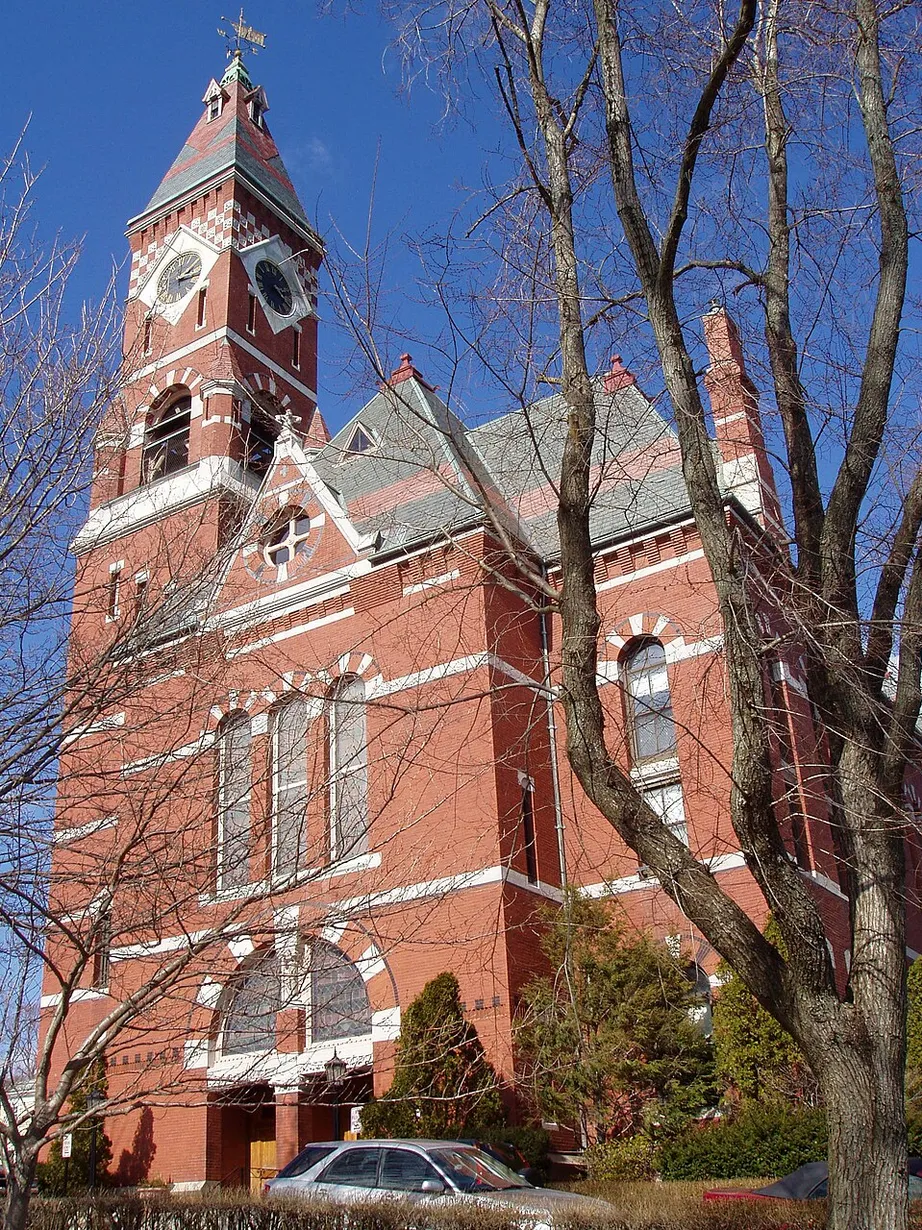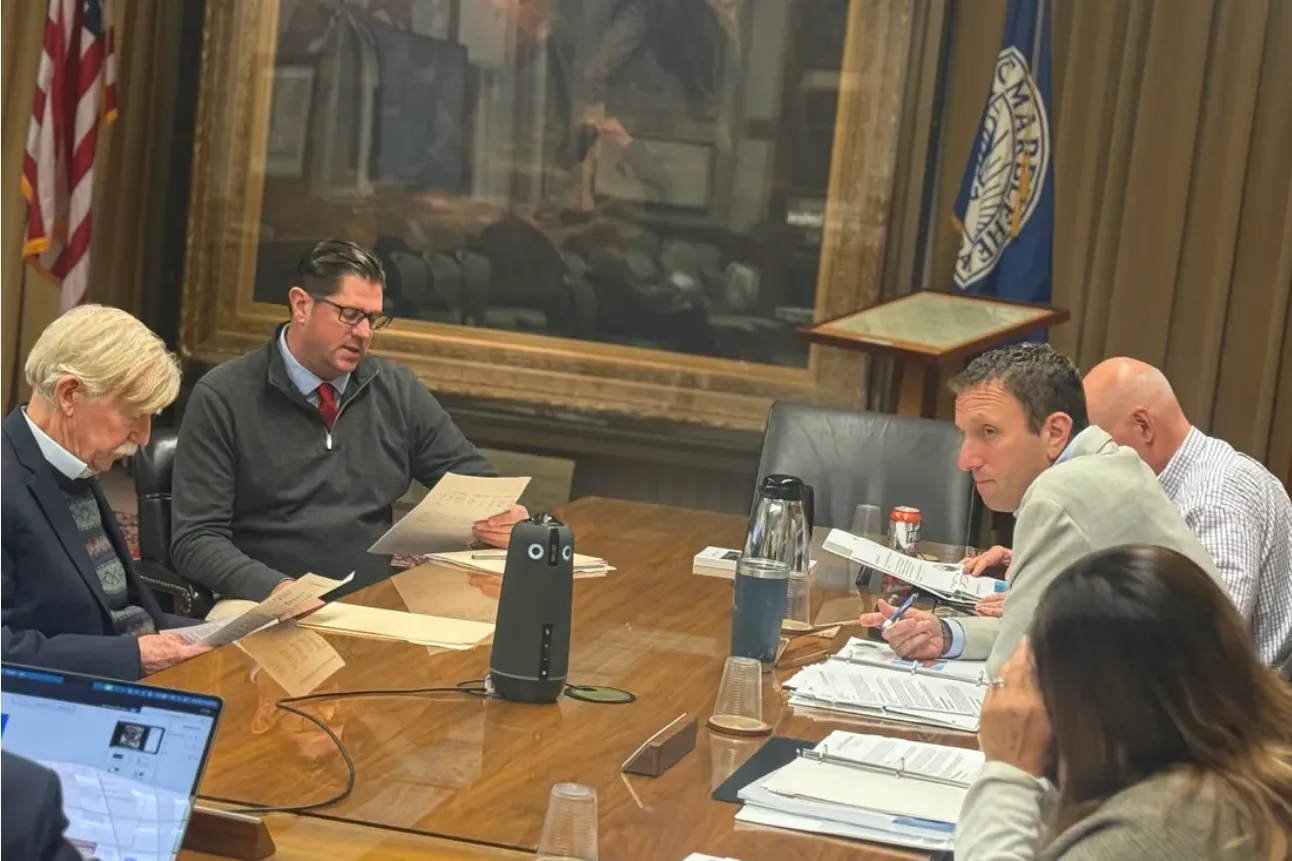Table of Contents
This is a developing news story. Get the latest from The Marblehead Independent delivered straight to your inbox.
Marblehead applied for millions of dollars in state funding this year to improve everything from Abbot Hall to the town’s rail trail, but every application was deemed ineligible during review because the town is out of compliance with the MBTA Communities Act.
The denials affected more than $2.8 million in proposals submitted through the state’s Community One Stop for Growth portal and other programs. Town officials note that while compliance was clearly part of the criteria, it may not have been the sole reason Marblehead was denied.
Opponents of the 3A zoning plan have noted that grants are never guaranteed, even for compliant towns, and argue that Marblehead should not rush into state-mandated density just to chase uncertain funding. Supporters counter that noncompliance leaves the town unable to compete for many programs at all.
Applications shut out
The rejected projects touched nearly every corner of town. They included:
- Abbot Hall attic and accessibility improvements ($999,320), which would have transformed the building’s long-unused fourth floor into a history museum while upgrading ADA access.
Historical Commission Chair Pam Peterson said the loss was a setback for a project designed to bring Marblehead’s past to life in a neglected space.
“We are disappointed not to receive this grant, which would have been an excellent start to the Museum of Marblehead History at Abbot Hall,” Peterson said. “The fourth floor is a beautiful space, and completely unused except for storage at this time. We hope that we can apply again in the future and will continue our efforts to create a way to present and preserve the history of the town.”
- Washington Street corridor rehabilitation ($301,050), design work to modernize the 0.3-mile stretch between Five Corners and Hooper Street with new sidewalks, crossings and streetscape improvements.
- Coffin School reuse study ($50,000), exploring potential new life for the shuttered elementary school, from mixed-use redevelopment to municipal facilities.
- Vacant Storefront Program ($50,000), offering state tax credits to encourage businesses to fill long-empty shops on Atlantic Avenue.
- Downtown parking analysis ($30,000), a Massachusetts Downtown Initiative request to study turnover, capacity and policy tools in the business district.
- Marblehead Rail Trail design and engineering ($866,930), intended to produce shovel-ready plans for safer crossings, drainage improvements and accessibility upgrades along the 4.5-mile corridor.
- State Street Landing and Tucker Wharf coastal resilience ($519,193), advancing design for flood-protection infrastructure on the working waterfront.
Harbormaster Mark Souza said the $519,193 request for design work at State Street Landing and Tucker Wharf was important for long-term planning but not the most urgent need compared to other seawall sites.
“It is important but not as critical as Parkers and Cliff Street,” Souza said, noting that safety of the area remains strong under routine inspections.
He said the denial does not immediately affect commercial or recreational harbor users, but the town still sees the project as a priority. “This is something that needs to get done, not just want to get done,” Souza said. “Myself and the Harbors and Waters board will continue working on getting the project executed one way or another.”
Each proposal was crafted to fit the competitive criteria of its program. But when eligibility factors were applied, including compliance with the MBTA housing law, none advanced further.
Fox: ‘We have a zero percent chance’
Select Board Chair Dan Fox acknowledged that some residents argue grants are competitive and uncertain, even for eligible towns. But, he said, Marblehead’s position is fundamentally different.
“That’s a valid point,” Fox said. “But your issue is that we have a zero percent chance of getting it. We’re not even being considered, and we can’t even get in line. Some of these grants take years, and if we can’t get on the conveyor belt, it just pushes everything further out.”
Fox said the stakes are higher than many realize.
“The coastal resiliency one and the Village Street bridge are not wants — they’re needs,” he said. “If we don’t get the money through grants, then it’s going to have to be paid for through the town. We might have to take out a loan, which is just going to increase our tax base.”
He added that missed opportunities are especially frustrating because Marblehead residents are already paying into the pool of state tax dollars that fund such programs. “The biggest frustrating part is that Marblehead taxpayers are paying this money, and we’re giving up any opportunity to have it come back and benefit the town,” Fox said.
Rail Trail plan illustrates setback
The Rail Trail application demonstrates the lost potential. The town sought nearly $867,000 to fund design and engineering for upgrades outlined in the 2020 Rail Trail Master Plan. The work would have improved safety at crossings, made the trail more accessible for people with disabilities, and connected neighborhoods to schools, downtown and transit. It also emphasized links to the town’s designated multifamily zoning districts, a key factor in the grant review process.
The town had already secured $175,000 in federal and state matching funds to show readiness. But the entire proposal was sidelined, never considered for scoring.
Compliance vote changed the picture
Marblehead’s ineligibility traces back to July 8, when voters repealed the zoning plan the town had adopted to comply with the MBTA Communities Act. That law requires 177 cities and towns served by the MBTA to create at least one district where multifamily housing is allowed by right.
The local plan would have created new zoning districts along Pleasant Street, Tioga Way and Broughton Road. Residents opposed the Pleasant Street component, arguing the density was too great. By a vote of 3,642 to 3,297, they overturned the zoning.
As a result, Marblehead lost its compliance status. State officials have since repeated that no community is exempt from the law.
Financial consequences mount
The failed applications add to a growing list of missed opportunities. Earlier this fall, Marblehead was denied a $735,000 seawall study grant. Town officials have also warned that noncompliance could jeopardize larger federal grants that require state matching funds, such as an $11.6 million port infrastructure project.
For Fox, the effect is clear. “I think it presses pause on a lot of things that we’re trying to do,” he said. “It’s very frustrating for the staff who are spending their time and putting a lot of effort into trying to better Marblehead, and to know that they can’t get that money.
Looking ahead
To regain eligibility, Marblehead has secured state support and hired Barrett Planning Group LLC to restart the zoning-plan development process. Fox said the town will seek broad public input to rebuild trust and find a compromise.
“We’re already in the process of that,” he said. “We’re looking at some different alternatives that hopefully can make everyone happy.”
